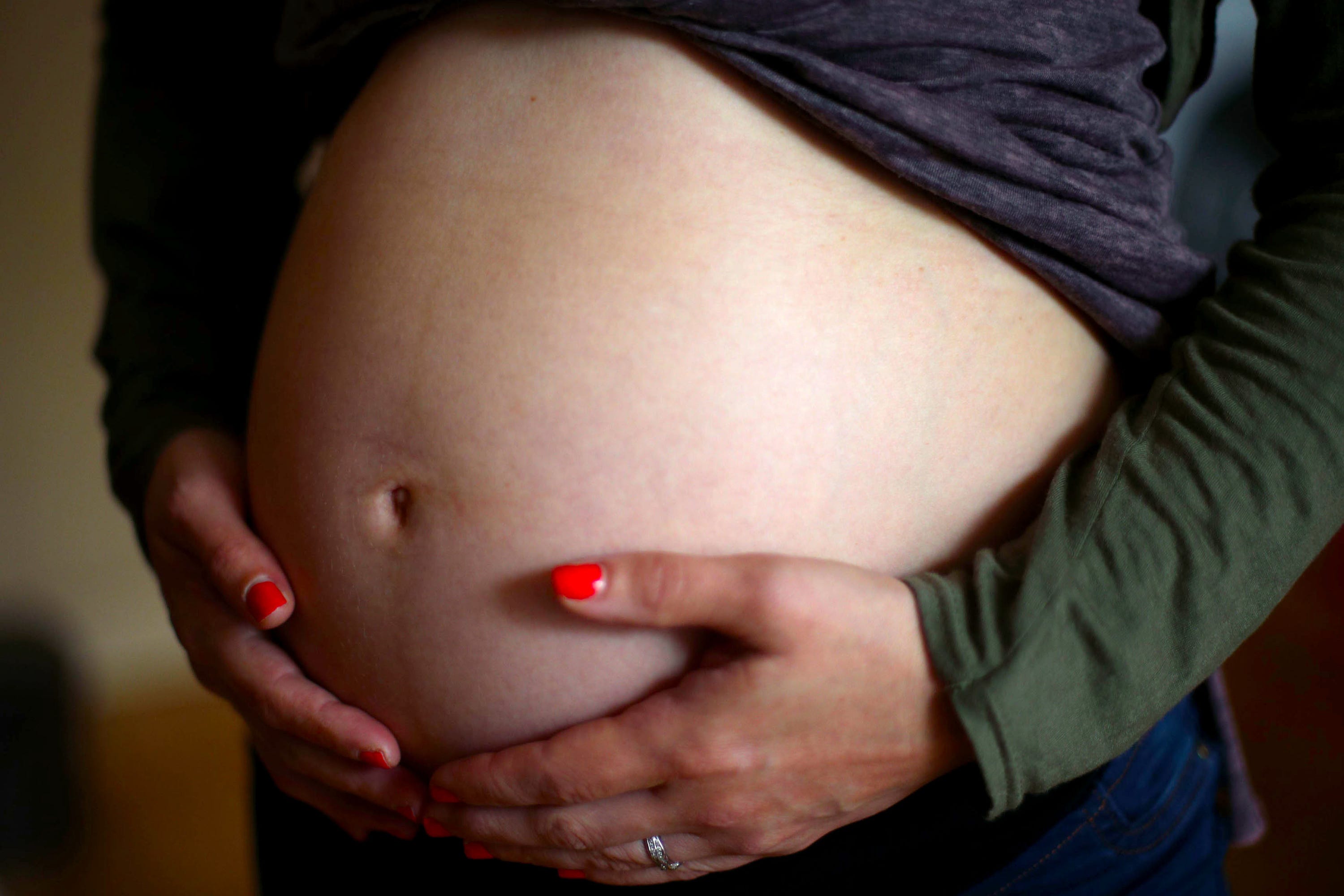More than half of women face incontinence decades after giving birth – study
Researchers questioned thousands of women 20-26 years after they first became a mother.

Your support helps us to tell the story
From reproductive rights to climate change to Big Tech, The Independent is on the ground when the story is developing. Whether it's investigating the financials of Elon Musk's pro-Trump PAC or producing our latest documentary, 'The A Word', which shines a light on the American women fighting for reproductive rights, we know how important it is to parse out the facts from the messaging.
At such a critical moment in US history, we need reporters on the ground. Your donation allows us to keep sending journalists to speak to both sides of the story.
The Independent is trusted by Americans across the entire political spectrum. And unlike many other quality news outlets, we choose not to lock Americans out of our reporting and analysis with paywalls. We believe quality journalism should be available to everyone, paid for by those who can afford it.
Your support makes all the difference.A high proportion of women experience urinary and faecal incontinence and pelvic organ prolapse up to 26 years after giving birth, research has found.
The study by Glasgow Caledonian University (GCU) found 61% of women surveyed had recently experienced urinary incontinence, 22% had faecal incontinence and 17% had prolapse symptoms.
There were differences in the rates depending on how women had given birth, and those who had only delivered by Caesarean had lower rates of all three symptoms – but they still remained at 53%, 16% and 9% respectively.
Women who had a forceps delivery at any time were more likely to report faecal incontinence compared to those who had unassisted deliveries.
Being overweight was associated with a higher risk of urinary and faecal incontinence, and prolapse regardless of how they gave birth because of the pressure the extra weight puts on the pelvic floor.
The study, led by professor of health services research Suzanne Hagen of GCU’s school of health and life sciences, initially involved 8,000 women who had given birth at maternity units in Aberdeen and Birmingham, and Dunedin in New Zealand, in 1993 and 1994.
The women were sent follow-up questionnaires 20-26 years later and 2,270 responded.
Losing weight if required can reduce the risk of urinary and faecal incontinence, and prolapse by reducing the downward pressure on the pelvic organs
Prof Hagen said: “This was a unique study that really delved into the extent of the problem and the findings were pretty stark for all women after childbirth, regardless of how they had their babies.
“What came out loud and clear from this research was that pelvic floor problems which can have distressing effects for women are really common, in the long as well as short term, after giving birth, with over half the women involved in the study reporting symptoms.
“I was particularly surprised by the high rate of faecal incontinence, which was reported by 22% of women, compared to 13% at the previous survey a decade before. I’m sure this will come as a surprise to a lot of people.
“The findings send a clear message to women and healthcare professionals that preventative measures are important. Women discuss with their maternity practitioners their childbirth choices, but they can also modify their lifestyle to keep a healthy weight and practice pelvic floor muscle exercises to keep pelvic health problems at bay.
“Losing weight if required can reduce the risk of urinary and faecal incontinence, and prolapse by reducing the downward pressure on the pelvic organs.”
Prof Hagen, who is co-lead of the school’s Research Centre for Health Ageing Well Research Group, worked with researcher Dr Ceri Sellers and former colleague Andy Elders on the project.
The study was carried out in collaboration with the universities of Aberdeen, Birmingham and Otago in New Zealand, Aberdeen Royal Infirmary and Birmingham Women’s and Children’s NHS Foundation Trust.
The research, published in the British Journal of Obstetrics and Gynaecology, was funded by the Scottish Government’s Chief Scientist Office and grants from the University of Otago and the New Zealand Continence Association.
The full paper, Urinary Incontinence, Faecal Incontinence And Pelvic Organ Prolapse Symptoms 20 To 26 Years After childbirth: A Longitudinal Cohort Study, is available at obgyn.onlinelibrary.wiley.com/doi/10.1111/1471-0528.17913.